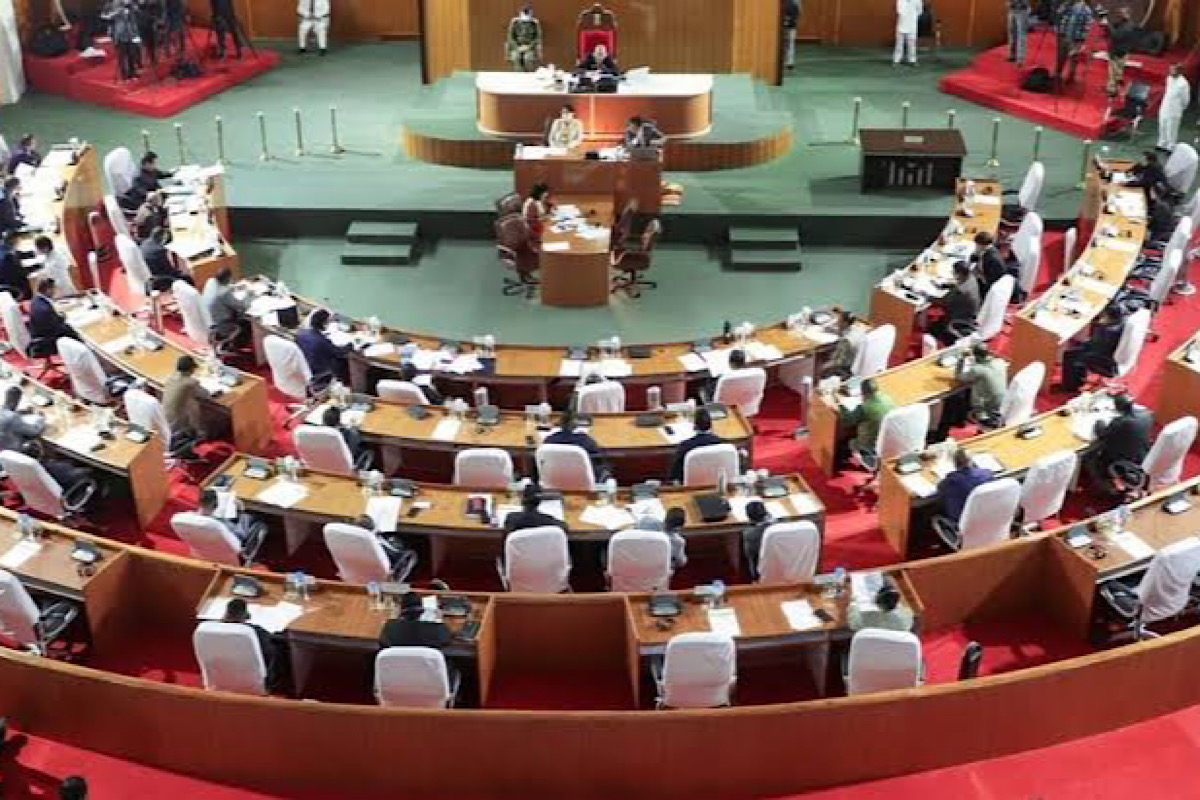
The bill sought to amend the reservation framework by applying a non-creamy layer criterion, which would exclude economically better-off individuals from availing themselves of the benefits intended for the economically weaker sections within the ST category. Proponents argued that this measure would ensure that the benefits of reservation policies reach those who are truly disadvantaged, thereby promoting equity within the ST communities.
However, the bill faced strong resistance from various quarters. Critics contended that the introduction of such a criterion could lead to unnecessary complications and exacerbate existing tensions within the ST communities. They argued that the implementation of the non-creamy layer policy could disrupt the existing social balance and potentially alienate sections of the ST population who might be unfairly categorized under the new rules.
Opponents also raised concerns about the practical challenges of implementing the non-creamy layer policy. They highlighted issues related to accurately determining the economic status of individuals within ST communities and the potential administrative burden that could arise from the implementation of such measures. Additionally, there were fears that the bill could lead to increased administrative costs and conflicts over the distribution of benefits.
The Assembly’s decision to reject the bill underscores the ongoing debate over the reservation system and its impact on various communities within Meghalaya. The state's reservation policies have long been a subject of discussion, with differing viewpoints on how best to achieve socio-economic equity among its diverse population. The rejection of the bill reflects the complexity of addressing these issues and the need for a nuanced approach to reforming reservation policies.
In the broader context, this decision is indicative of the challenges faced by policymakers in balancing the need for affirmative action with the practicalities of implementing such measures. As discussions on reservation policies continue, the focus remains on finding solutions that effectively address socio-economic disparities while maintaining social harmony.
This development also highlights the dynamic nature of legislative processes in the region, where proposed reforms often encounter varied responses from different stakeholders. The debate over the non-creamy layer quota bill is a reminder of the intricate considerations involved in shaping policies that impact the lives of many. As Meghalaya moves forward, the discourse on reservation and affirmative action is likely to evolve, reflecting the state's efforts to address its unique socio-economic challenges.
